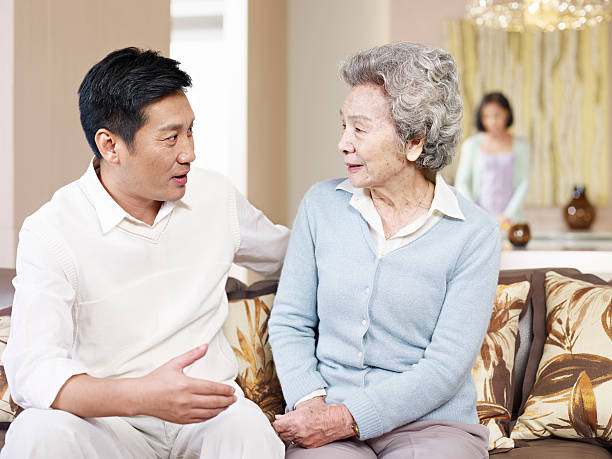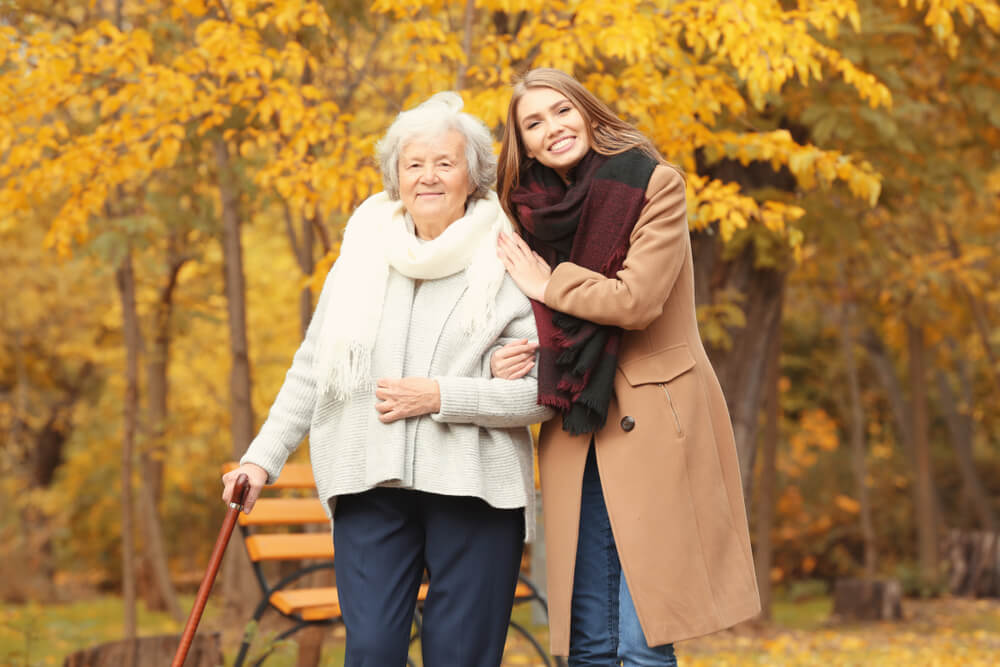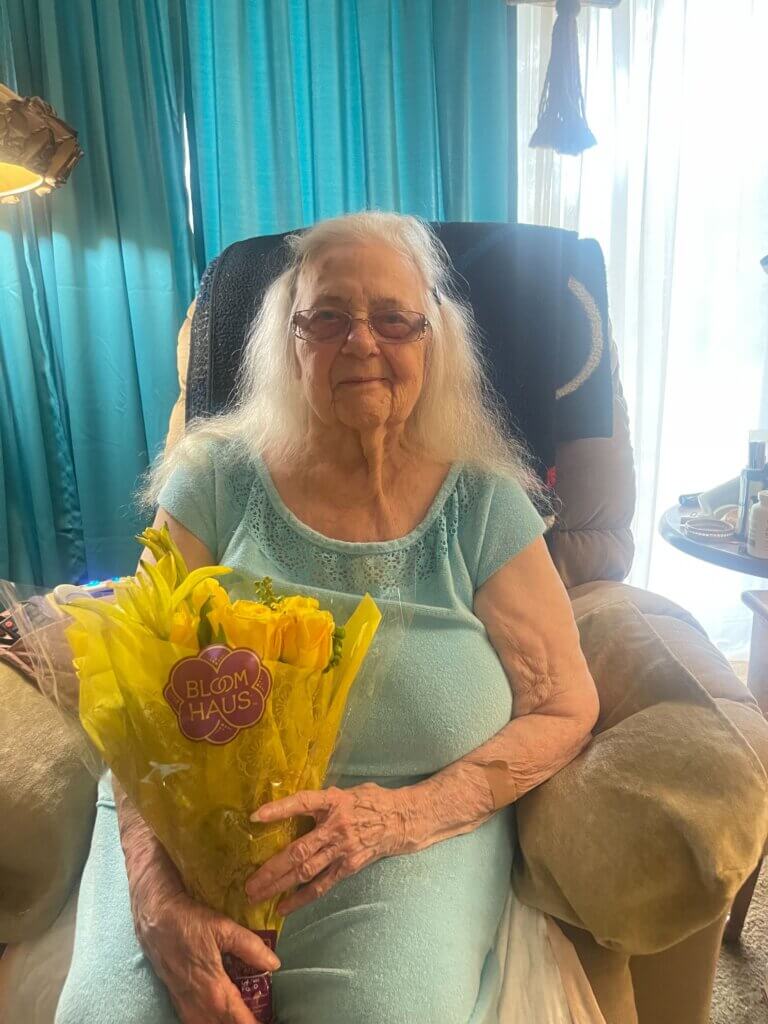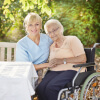Discover how to effectively report cases of elderly abuse and protect vulnerable individuals.
Understanding Elderly Abuse: Types and Warning Signs
Elderly abuse is a serious issue that affects many older adults around the world. It can take various forms, including physical, emotional, financial, and sexual abuse. It is important to be aware of the warning signs of abuse to ensure the safety and well-being of older individuals. Some common signs of abuse include unexplained injuries, sudden changes in behavior, withdrawal from activities, and financial exploitation. By understanding the different types of abuse and recognizing the warning signs, you can take steps to prevent and report it.
Discover effective strategies to prevent senior abuse and protect your loved ones.
Physical Injuries
Unexplained bruises, cuts, or injuries, especially if they occur frequently or seem inconsistent with explanations given.
Emotional Changes
Sudden and unexplained changes in mood or behavior, such as withdrawal, anxiety, depression, or increased agitation.
Financial Exploitation
Unusual or unexplained financial transactions, changes in banking or spending patterns, missing money or valuables, or sudden financial dependence on the caregiver.
Neglect and Poor Hygiene
Signs of inadequate care, such as poor personal hygiene, untreated health issues, malnutrition, or living in unsanitary conditions.
Isolation
Restriction of social interactions, preventing the elderly person from seeing friends or family, or limiting their access to communication devices.
It’s important to note that these signs may not conclusively indicate abuse, but they should prompt further investigation or discussion with the individual involved. If you suspect elderly abuse, it’s crucial to report it to the appropriate authorities or seek assistance from local support services.
Recognizing the Importance of Reporting Elderly Abuse
Reporting abuse is crucial in protecting vulnerable individuals and holding the abusers accountable for their actions. Many elderly individuals may be hesitant to report abuse due to fear, shame, or lack of awareness. It is important to emphasize the importance of reporting elderly abuse and the support available to victims. By reporting abuse, you can help ensure that the necessary interventions are taken to stop the abuse and provide support to the victims.
Step 1: Gathering Evidence and Documenting Elderly Abuse
When reporting abuse, it is essential to gather evidence and document the abuse to support your case. This can include taking photographs of physical injuries, documenting conversations or incidents, and collecting any relevant documents or records. It is important to ensure that the evidence is obtained legally and ethically, and to respect the privacy and dignity of the elderly victim.
Step 2: Contacting the Appropriate Authorities
Once you have gathered the necessary evidence, the next step is to contact the appropriate authorities to report the abuse. This can include local law enforcement agencies, adult protective services, or helpline services for elderly abuse. Provide them with all the relevant information and evidence you have collected, and cooperate fully with their investigation.
Step 3: Providing Support and Assistance to the Elderly Victim
Reporting elderly abuse is not only about stopping the abuse but also about providing support and assistance to the elderly victim. It is important to offer emotional support, connect them with counseling services, and help them access any necessary medical or legal assistance. Encourage them to seek help and reassure them that they are not alone in this situation.
Preventing Further Elderly Abuse
Reporting elderly abuse is a vital step in preventing further harm to vulnerable individuals. By understanding the different types of abuse, recognizing the warning signs, and following the step-by-step guide to reporting, you can make a difference in the lives of elderly victims. Remember, it is essential to act promptly and responsibly when you suspect or witness abuse. Together, we can help create a safer and more supportive environment for older adults.
Contact us at 832-371-6600 to find out more about how we can help someone you love with our customized in-home care services.
Home Matters Caregiving proudly serves the Houston Metro area providing care for seniors wherever they call home.












